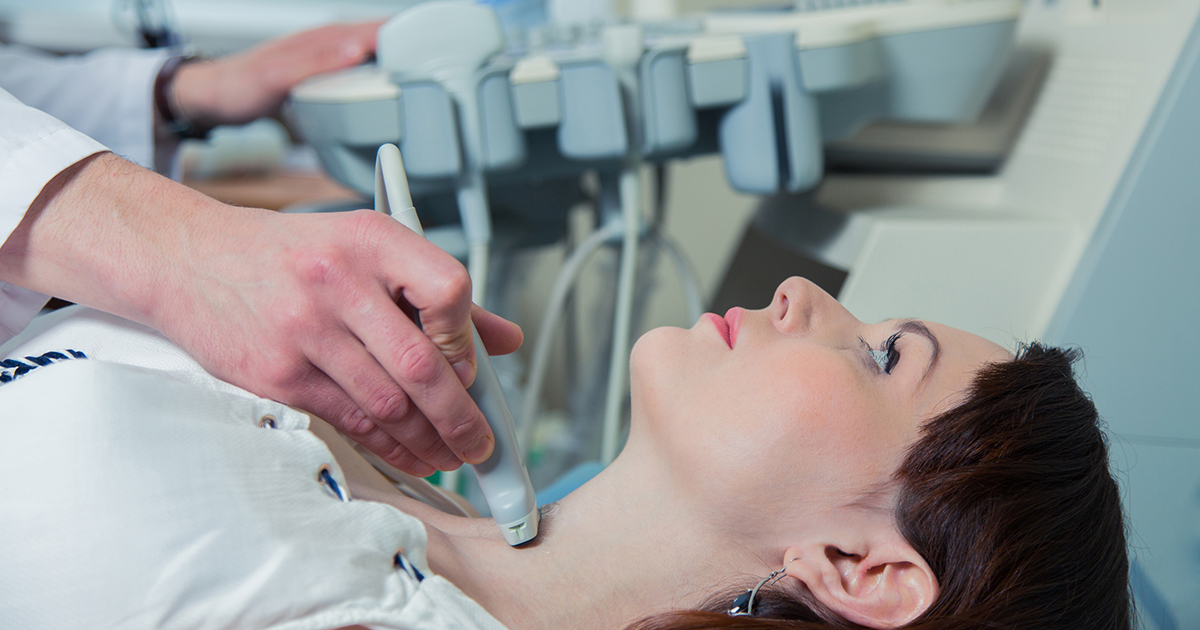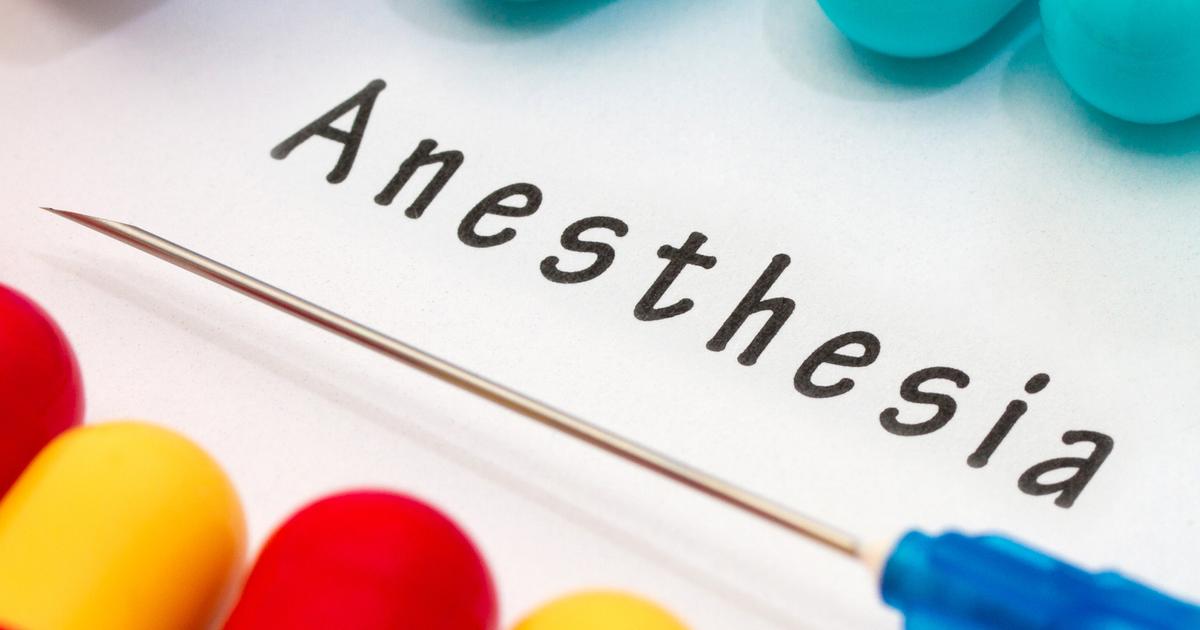Guide To A Thyroidectomy
How To Prepare

The patient will have several consultations with the surgical team before their thyroidectomy. During these appointments, the patient can ask any questions they may have about the surgery. The patient must give the surgeon a complete list of all prescription medicines, over-the-counter drugs, vitamins, minerals, and herbal supplements that they currently take. Certain medications, including blood thinners, may need to be discontinued a few days before the operation. However, the surgeon will discuss this with the patient.
The surgeon will also need to know if the patient has any allergies. Since this procedure requires general anesthesia, the patient will need to refrain from eating or drinking after midnight on the night before their surgery. This procedure may be performed on an outpatient or inpatient basis, depending on the patient's overall health and reason for the operation. A friend or family member must take the patient home after.
Risks And Side Effects

Thyroidectomies are very safe. However, all surgeries carry some risks. Since this procedure requires general anesthesia, there is a small risk of complications due to the anesthesia. There are risks of infection and bleeding as well. The patient may be given antibiotics before or after the operation to reduce these risks. The surgeon will take steps to minimize bleeding during the surgery. In addition, the anesthesiologist will constantly monitor the patient for possible anesthesia-related issues during the procedure. Significant bleeding could obstruct the patient's airway.
After the surgery, patients may have low parathyroid hormone levels. This can happen if the parathyroid glands were removed or damaged during the procedure. Low levels of these hormones could reduce the amount of calcium in the patient's blood. This may lead to tingling, numbness, or cramping. If the patient's nerves are damaged due to the thyroidectomy, their voice may be weak or hoarse. This complication could be temporary or permanent.
